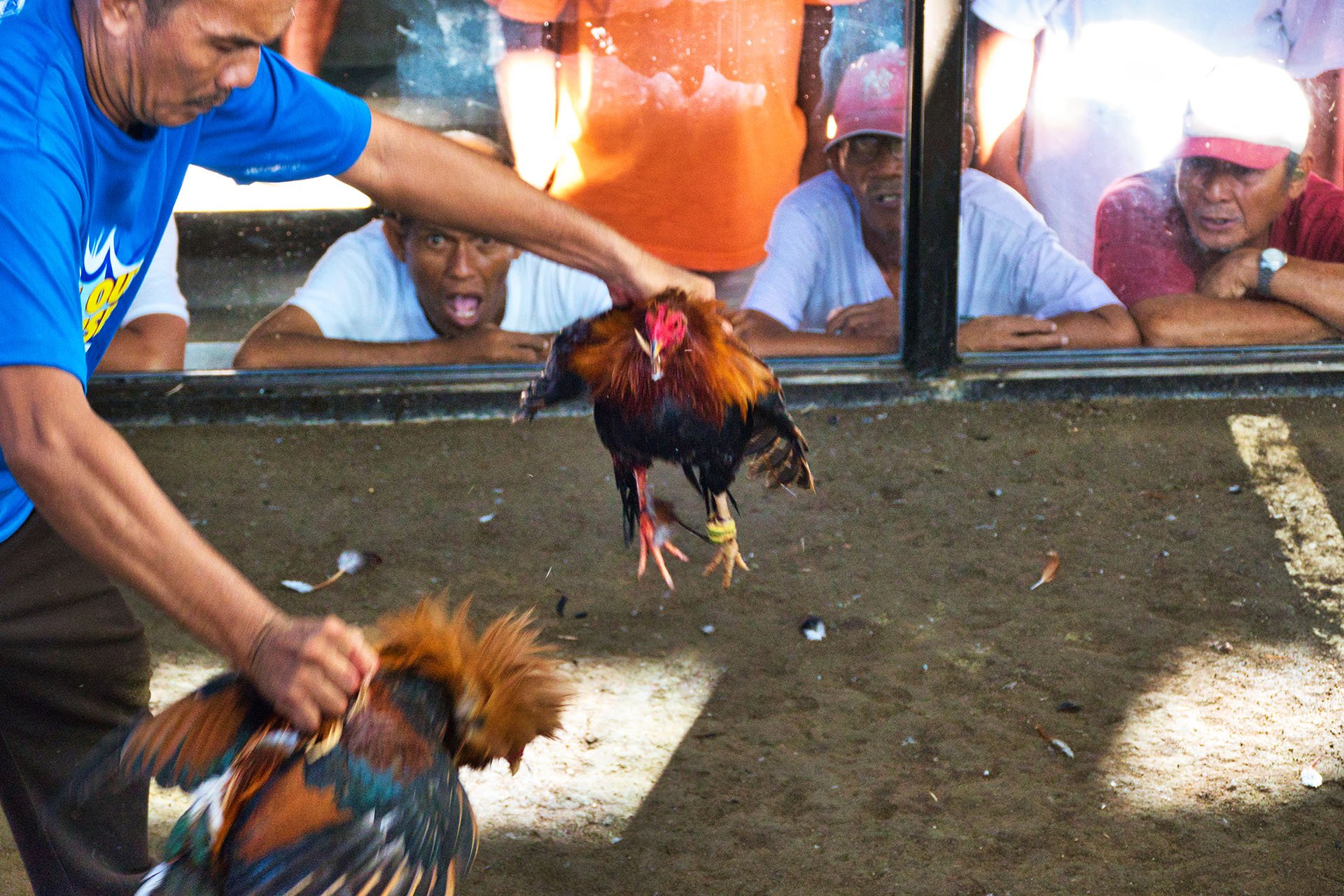Posted on: May 4, 2022, 05:29h.
Last updated on: May 4, 2022, 12:08h.
Online cockfighting, or e-sabong, is no longer welcome in the Philippines. President Rodrigo Duterte has changed his mind on the subject and banned the activity as of yesterday.

In a speech released on Tuesday, Philippine President Rodrigo Duterte said he has made the decision to ban e-sabong. This is a flip from his former stance and comes despite the economic benefit the activity provides. Duterte said the ban will be immediate.
Online cockfight increases gambling addiction and uncontrolled debts, Duterte asserted. The decision comes as the segment continues to deal with unsolved disappearances of participants and other scandals.
E-sabong is reportedly worth an estimated PHP640 million (US$12 million) a month, according to Philippine news sources.
Social Issues Beat Revenue
Cockfighting has historically been very popular in the Philippines. However, online betting on the event has become more popular during the COVID-19 pandemic. In the past, the government defended this type of digital betting for the income it provided to the country. Because of COVID-19, the Philippines suffered extensive financial hardships, and legal e-sabong provided significant relief.
However, in addition to debt problems, e-sabong also led to the disappearance of people related to the organization of fights and other types of crimes. Therefore, the activity was “working against” the values of the Philippine people, according to Duterte.
The president of PAGCOR (the Philippines Amusement and Gaming Corporation), Andrea Domingo, said that the regulator has begun to block e-sabong operations. She added that the collection of income by the government will also cease. Domingo stated that the agency raised up to PHP8 billion (US$152.23 million) in 2021 from the activity. It only began to issue e-sabong operator licenses in May of last year.
For now, PAGCOR will begin to explore ways to fill the void left by the suspension. This will be difficult, especially considering that the regulator’s first-quarter income of PHP11.29 million (US$216.6 million) is just one-third of what it was in the last quarter of 2021.
Bumpy Road Ahead
It’s possible that e-sabong returns. But it will only happen under new terms. Eduardo Ano, the country’s Interior Secretary and a primary supporter of the ban stated that his agency recommended the suspension. He believes it’s necessary until a better framework and regulations are formulated, and stakeholders are protected from “moral decay in society.”
In addition to the 34 sabong participants who are still missing, eight police officers involved in online gambling have been arrested. However, the suspension will, at least temporarily, have an undesired outcome.
PAGCOR warns that, while it understands the motivation behind the decision, the suspension will lead to an increase in illegal sabong wagers. This, in turn, could potentially increase the criminal element associated with it.
Efforts were underway prior to the suspension to provide a clearer regulatory framework and oversight of e-sabong. Those will now have to wait. However, it’s likely legislators and regulators will continue the work in anticipation of a regime change in the country.
Duterte’s time as president will end following the election on May 9. Ferdinand Marcos Jr., the son of disposed dictator Ferdinand Marcos and former first lady Imelda Romualdez Marcos, is currently leading the polls to take over.
